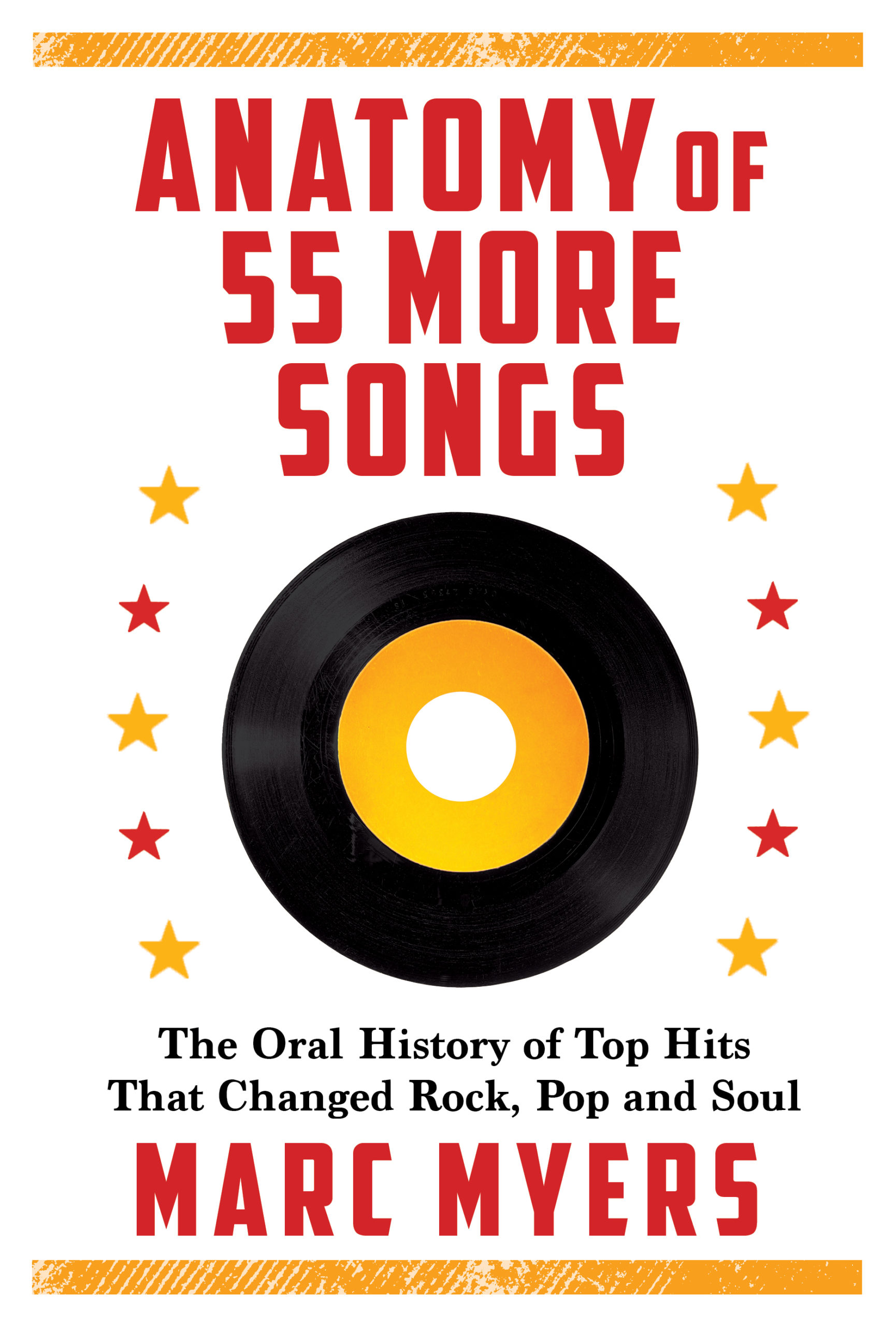Scotty Hills
Patient Unfolding
Born and raised in the prairie town of Saskatoon, Saskatchewan, Scotty Hills’ unique country and blues-flavored sound lands with palpable deep soul, while his poignant and masterful storytelling leaves you breathless. For Hills, it all comes down to capturing a moment in time and holding that feeling. “What makes a good song, says Hills, “is the relentlessness to preserve the vibe that was originally started. If you got hit with some kind of heart dagger or something affected or inspired you to write, then you have a song. The best songs don't try too hard to be much more than that vibe—that thing that a small child that can barely speak should be able to explain—it's your melody.”
The initial musical education for the self-described “accidental musicologist” came with stark contrast: his paternal grandfather was a hard-working cowboy country singer, whistler, and competitive yodeler playing ‘cowboy chords’ on the guitar; his maternal grandfather was an educated multi-instrumentalist bandleader, writing for orchestras and bands. Home life juxtaposed Ricky Skaggs, Anita Baker, Ronnie Milsap and Johnny Cash, with Whitney Houston and Tony! Toni! Toné!. His session-singer mother took him along to weekly studio gigs, with Hills singing under union contract from age three, while his auctioneer-songwriter father set him up with a drum kit and guitar early, and helped him write his first two songs at seven. A “Nirvana kid” listening to grunge and punk through his teens, hearing Little Walter for the first time “just did something crazy to me,” reveals Hills. “Once that can was opened up, it was game over for me. I was nothing but a blues lover.”
Hills’ father released an album when Scotty was very young and it had a huge impact on him. “You're listening to this very mature sort of music that has to do with your mom,” confesses Hills. “I had to grow up really quickly. I was a songwriter long before I was a musician.”
Drumming and touring with multiple blues bands by 17 (with The Perpetrators for five years), he left to pursue his own sound, releasing Wonderland Urgency after winning a radio contest, with the soulful Year of Septembers reworking as a follow-up. Within six months, he signed a publishing deal and was sent to a writing camp to incubate songs for Rihanna. Says Hills, “Never let anybody tell you to hurry up, that you're this or that—just absolutely stick to your vision.”
Hills believes that telling good stories means you have experienced some, but that songwriting is not for everyone. “Anybody can learn how to write a song,” he admits. “I just don’t think anybody can necessarily learn to write a compelling song. Some people are chosen to be writers—[with] the spiritual or work ethic to be able to dig enough to get to those kinds of reflections.” He adds that, “A great song is full of drama: ups and downs, tensions and release. Melody is absolutely everything. When they're about to check out, you bring them back in.”
An album is a movie, Hills believes. “If you used your imagination—there was a story in it that you had to watch to the end to figure out. Kids don't necessarily know, care, or understand the album format,” explains Hills. “If you give the artist the choice—even today—to make a collection, a snapshot of how you're feeling, they will commit to create something greater, more profound. Technology is robbing listeners or artists from committing, seeing the art through, as opposed to looking for views.
Discussing his upcoming record, Hills says, “The idea of The Great Regression is like the revenge of an animal. Biology can't keep up with technology. At some point, we have to surrender and be in the moment.”
Scotty Hills is a Western Canadian Music Award-winner and holds a degree in jazz studies. He writes, records, and does collaborative work, while mentoring young artists from his home studio in Vancouver.
Contact [email protected], scottyhills.com














